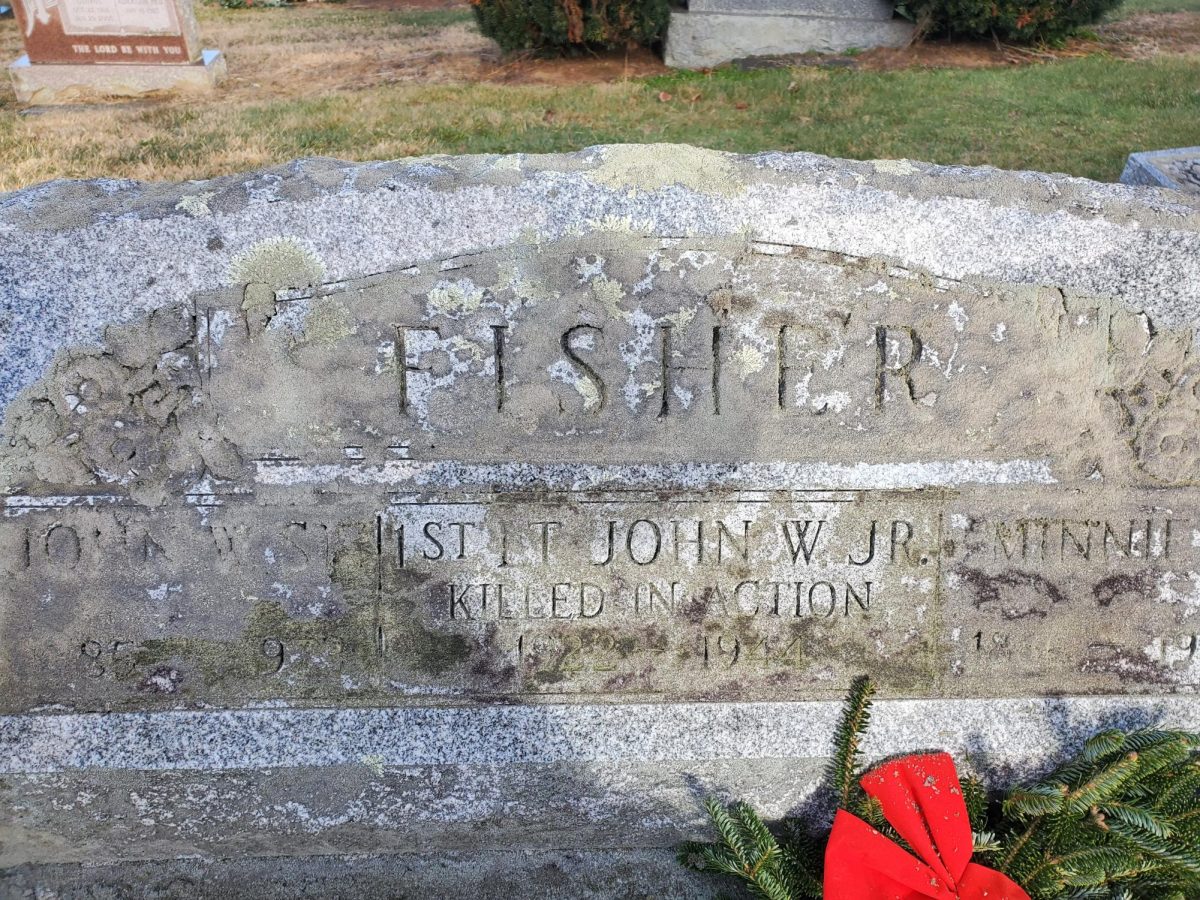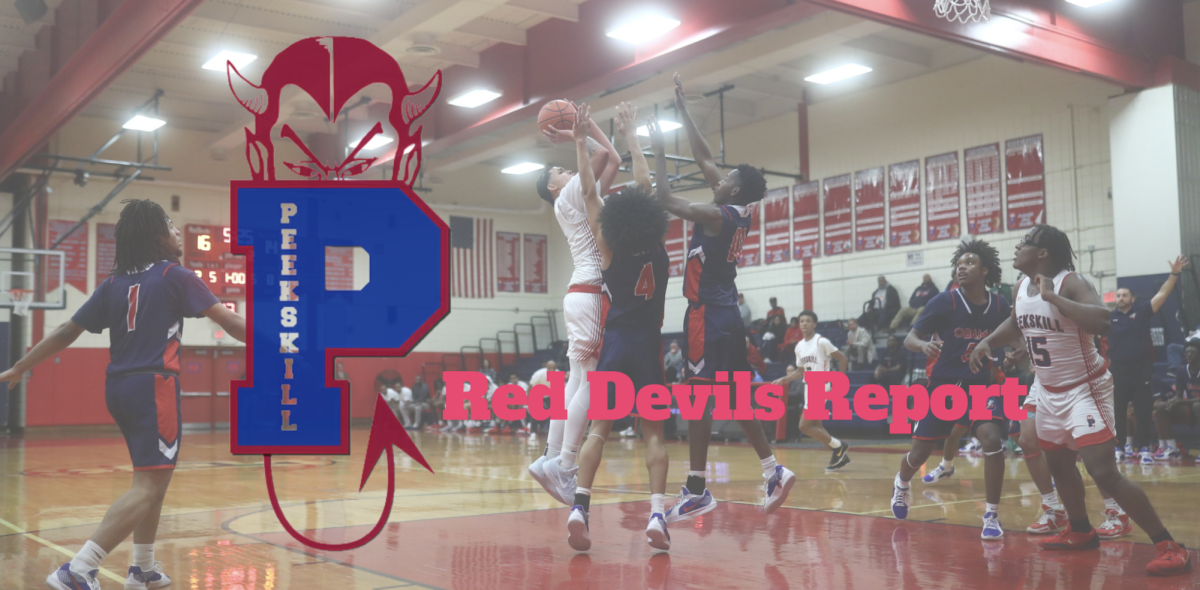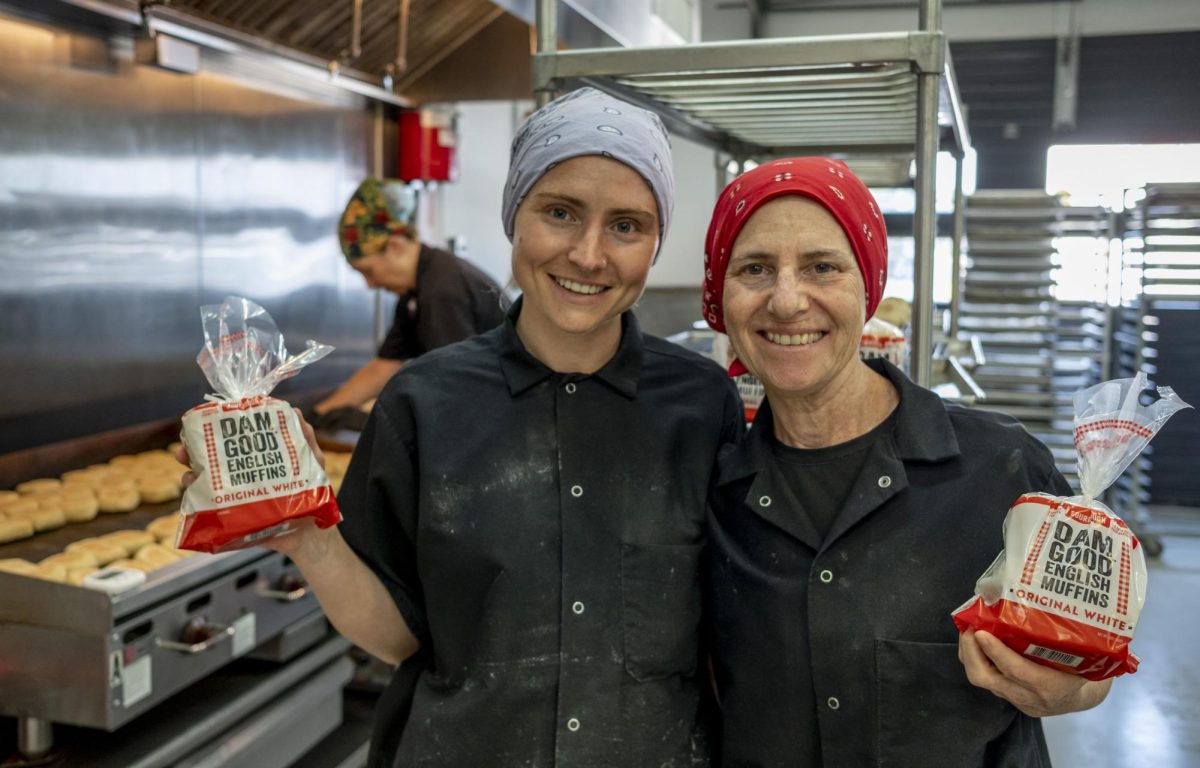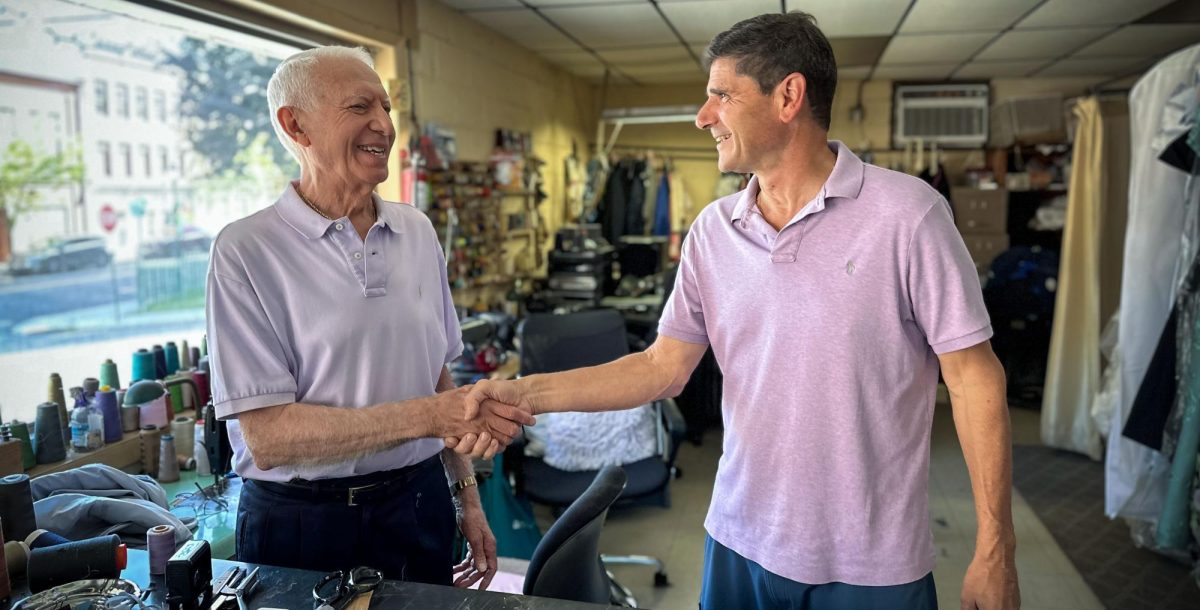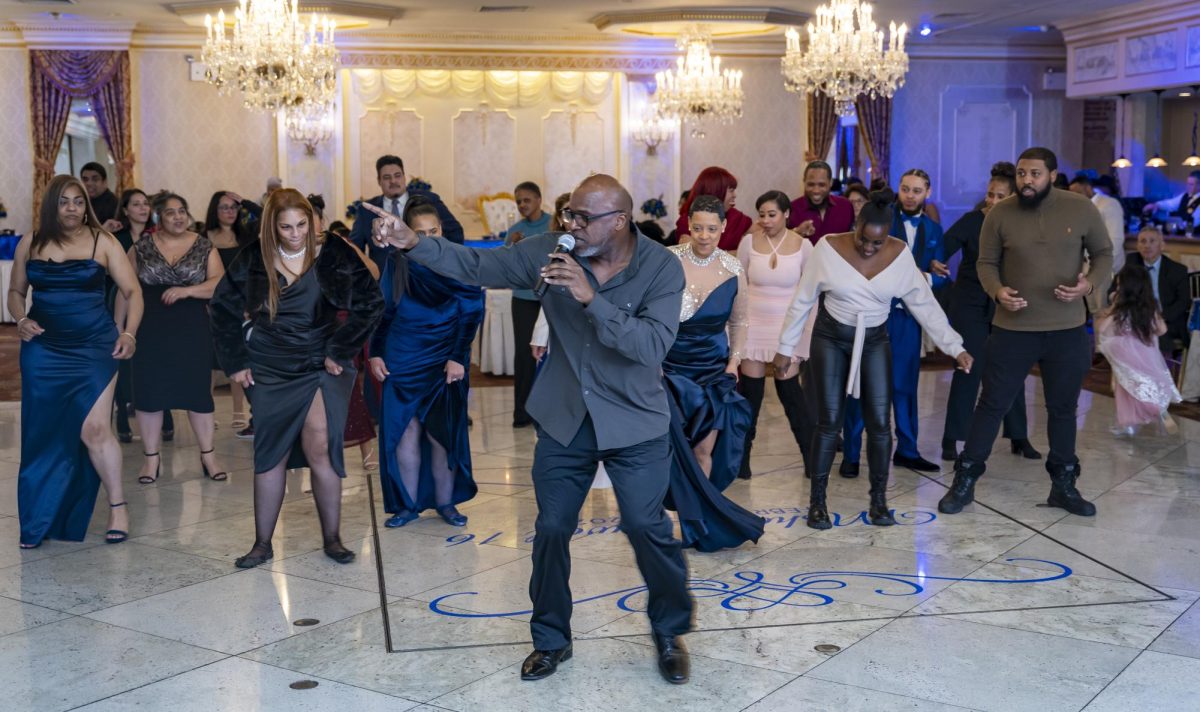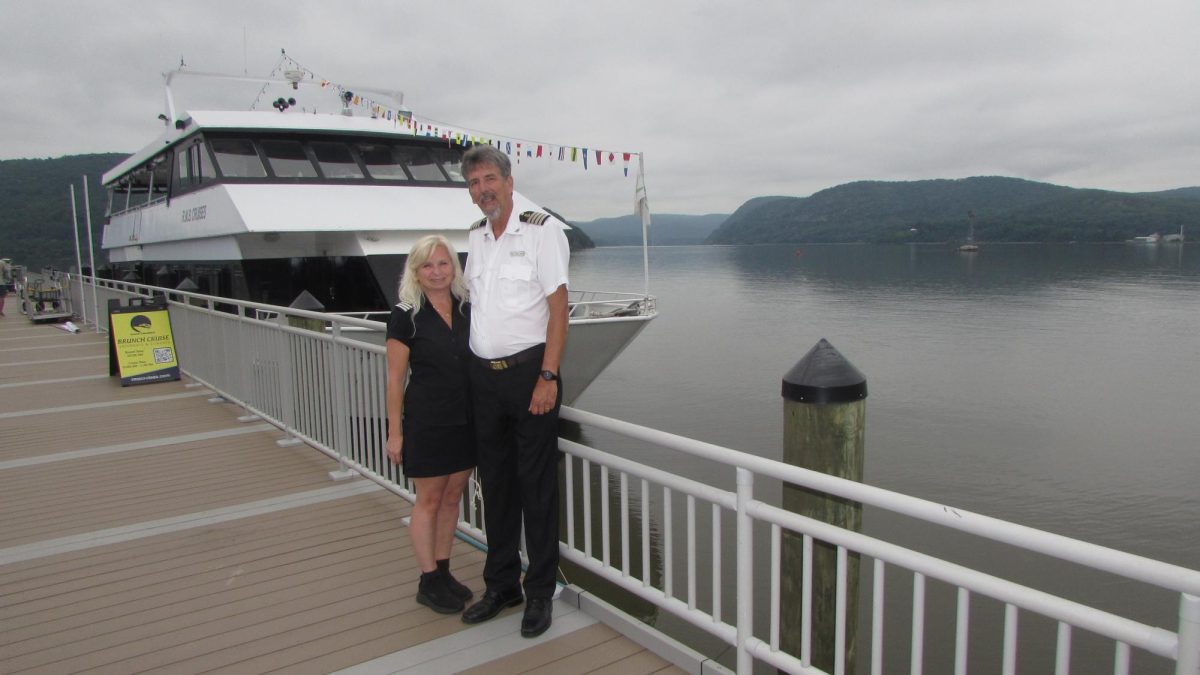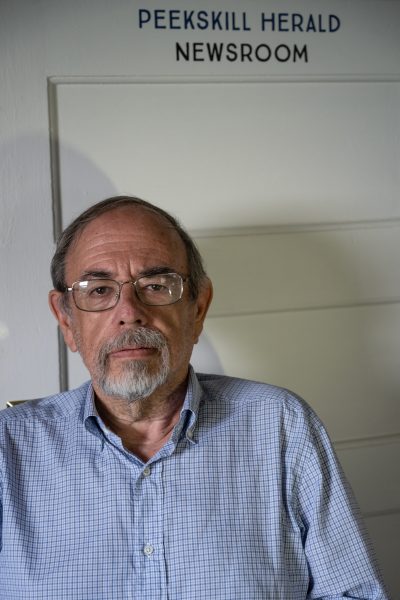Eighty years after the mid-air explosion over England that killed an American pilot in World War II, soldiers from the U.S. and Britain are searching for his remains with the hope of finally bringing that war hero home to his final rest.
That pilot, Lieutenant John Wesley Fisher, Jr. graduated from Peekskill High School in 1939 and was killed in combat on August 4, 1944.
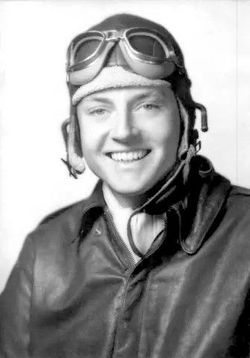
The U.S. government presented Fisher’s wife Jane and his parents with the Silver Star, the Distinguished Flying Cross and the Air Medal with four Oak-Leaf Clusters for “… the courage, coolness and skill displayed by Lt. Fisher on all these occasions that reflect the highest credit upon himself and the military forces of the United States.”
Today, a worn headstone recalls Lt. Fisher at Hillside Cemetery. But if the dozens of volunteer British and American soldiers and archaeologists sifting through the dirt at the crash site of Fisher’s plane in England find any of his human remains, this Peekskill hero will receive a full military graveside funeral service with all the honors he is due.
A dangerous mission accepted
Lt. John Fisher of Peekskill was one of a small group of pilots assigned to a secret mission to fly stripped down B-17 bombers loaded with explosives onto German targets in occupied Europe. Among that group of pilots was Lt. Joseph P. Kennedy, Jr., the oldest son of Joseph Kennedy Sr. and the brother of the nation’s future President John F. Kennedy.
Fisher and his co-pilot flew their explosive-laden plane toward the target, trailed by fighter jets equipped with radio-controlled electronics to guide the bomber into the target after Fisher and his co-pilot bailed out.
However, on Lt. Fisher’s fatal final mission, his plane stalled over England. He ordered his co-pilot to bail out while he remained to try and complete the mission. The plane crashed, killing Fisher.
Now those volunteers are digging through the crash site, finding parts of his plane and among 3,000 fragments, a horseshoe carried for luck and an engine piece with “General Motors” markings.
As the volunteers sift through the fragments, they send any pieces that could be human remains to the Defense Prisoner of War Missing in Action accounting agency laboratory for DNA testing, hoping to find a match to Lt. Fisher.
As CBS News reported in a report televised this August:
“Metal detectors beeped across a quiet, five-acre plot of forest and field on England’s eastern Suffolk coast as dozens of American and British service members sifted clumpy, wet soil from a deep impact crater. The tiniest of remains of U.S. Air Force pilot Lt. John Fisher might be here. Exactly 80 years ago Sunday – August 4, 1944 – his B-17 bomber crashed while on a secret mission targeting Nazi rocket sites in Europe during World War II.
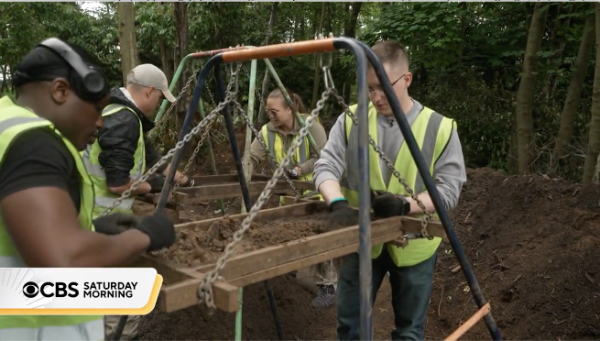
“‘It can make you feel emotional, you know? They’ve found some personal artifacts that are very endearing,'” said Garret Browning, a U.S. air repair specialist from Colorado with the U.S. 100th Maintenance Squadron, currently stationed in England.
“Experienced in crash damage recovery, Browning is one of about 150 American and British active duty and retired military volunteers looking for a fallen fellow soldier. At 26 years old, Browning is already older than the pilot he was looking for.
“I could only imagine if I was in an airplane during that time, there’s a lot going through your head and there’s a lot of responsibility,” he said.
The bonds between America and England
Ultimately the mission to explode B-17 bombers into German military targets failed. Among the pilots killed during “Operation Aphrodite” was Joe Kennedy Jr. Eight days after Lt. Fisher was killed, Kennedy’s plane exploded in midair, injuring 50 people on the ground. The remains of Kennedy and his co-pilot were never found.
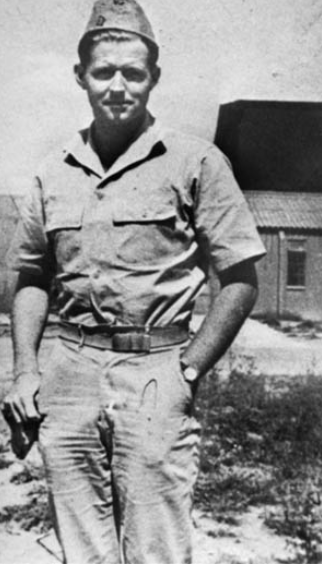
Lt. Fisher’s heroic service and ultimate sacrifice were matched by millions of other British and Americans. That common sacrifice cemented the bond between the two peoples that endures to this day.
The British and American volunteers combing the earth to bring an eternal tribute to Lt. Fisher is one way that the British people show the gratitude they will always hold in the hearts for the way the people of America answered the call for help during Britain’s “Darkest Hour.”
Peekskill’s proud history of sending its sons and daughters off to serve when the nation calls is shown in the life and death of Lieutenant John W. Fisher Jr., who grew up at 1448 Main St. and gave his life over the skies of England at age 23 to help end the war that killed millions. May he rest in peace.


